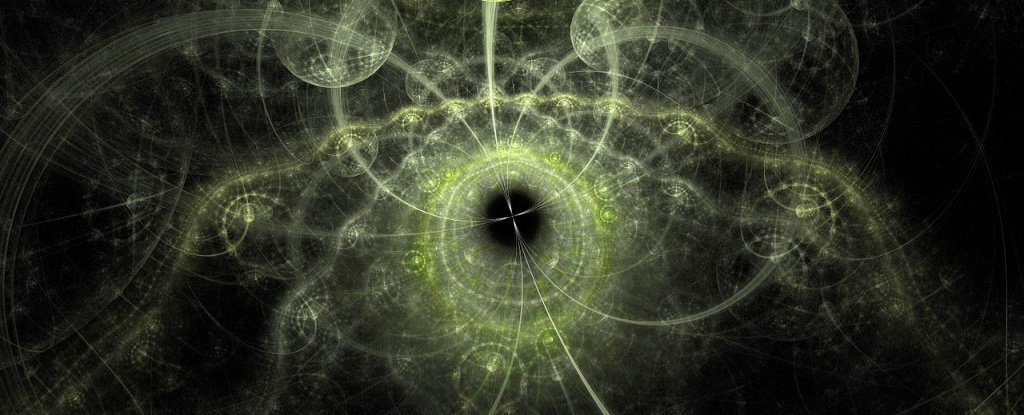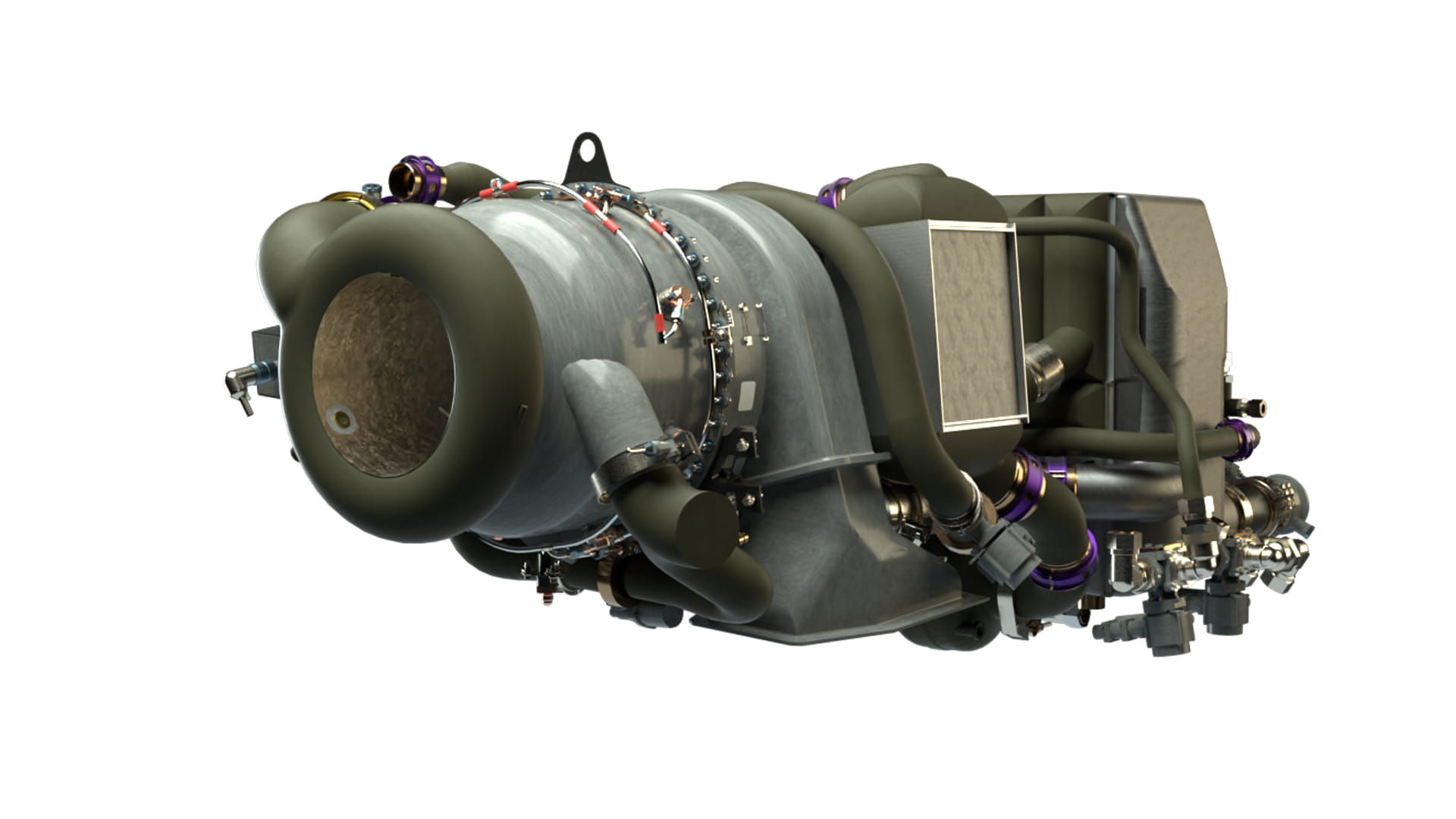The pace with which technology of developing machines and products at the nanoscale is improving, so are the ways to power them.
Now researchers from the universities of Alberta and Toronto have developed a blueprint for a “quantum battery” that never loses its charge.
Gabriel Hanna, principal investigator on the study, explained, “A quantum battery is a tiny, nano-size battery meant to be used for applications on the nanoscale, such as nanobots [that can already use enzyme batteries]”.
At Present lithium-ion batteries that we use to power our smartphones rely on classical electrochemical principles, whereas quantum batteries rely solely on quantum mechanics.
Science behind:
Quantum battery works by harnessing the power of “excitonic energy” — the state in which an electron absorbs sufficiently energetic photon of light.
“The key is to prepare this quantum network in what is called a dark state,” explained Hanna. “While in a dark state, the network cannot exchange energy with its environment. In essence, the system becomes immune to all environmental influences. This means that the battery is highly robust to energy losses.”
At present research just provided a theoretical demonstration that creating a loss-free quantum battery is possible, but this battery doesn’t exist yet. If they succeed in building it, it could be a revolutionary breakthrough in energy storage.







